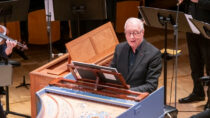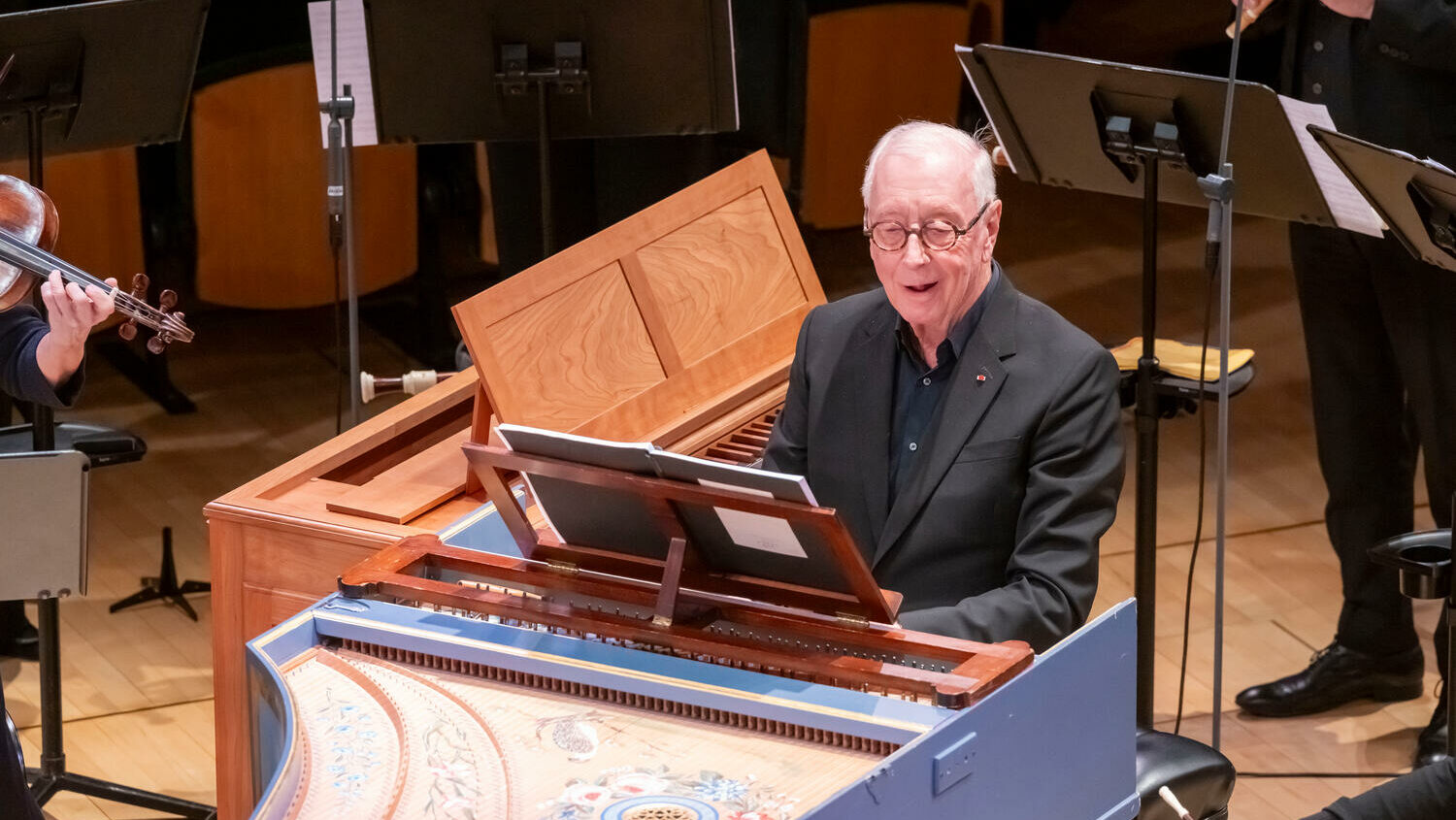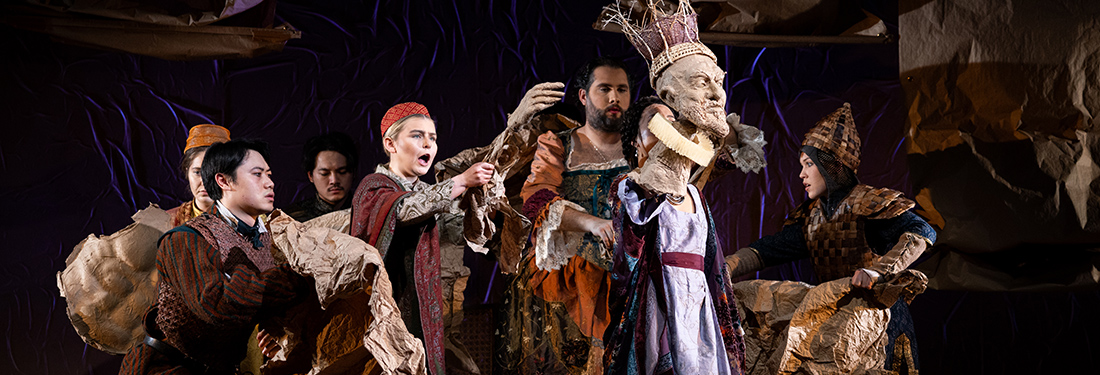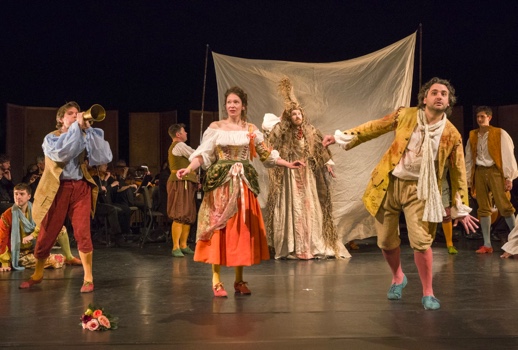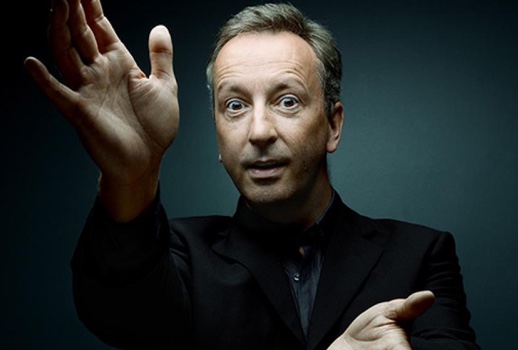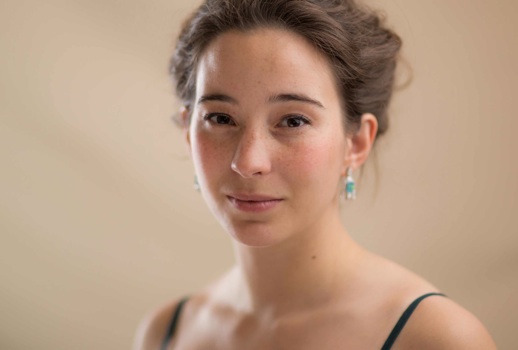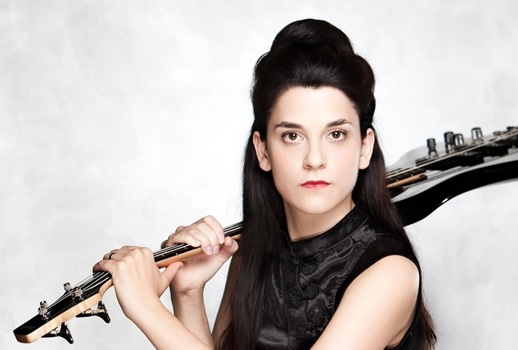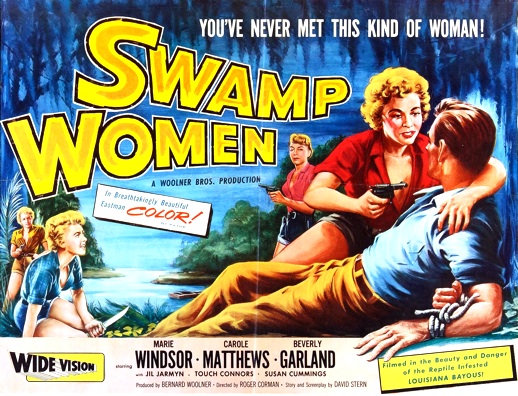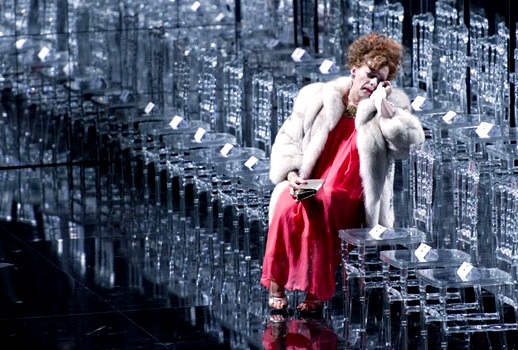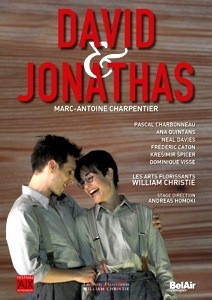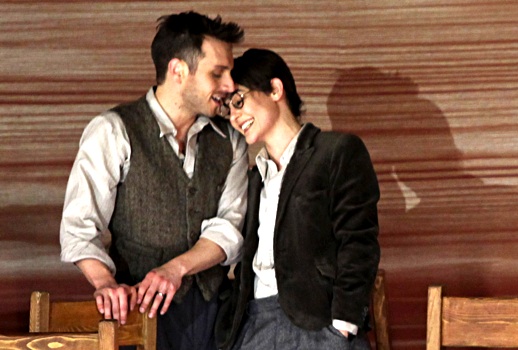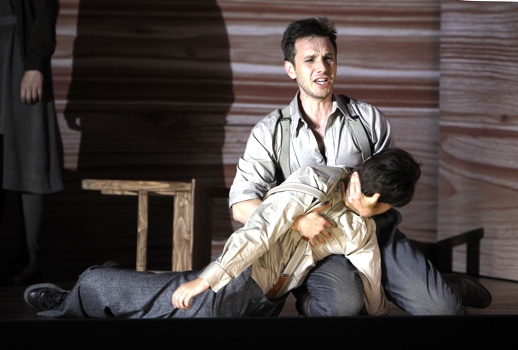
When the birthdays start to pile up in the double digits in big round numbers, you start to examine your past and review what you have done with your life.
William Christie curates an evening of French Baroque music in a live broadcast from Carnegie Hall.
Those of us in New York City who relish 17th century Italian vocal music were offered an enticing banquet over the past few weeks.
Dancing sheep! Flying sheep! Flying sheep who dance!
The most disappointing performance in 30 otherwise glorious years of William Christie and Les Arts Florissants visiting New York City.
Can a surfeit of pleasure become—in the end—unsatisfying?
William Christie’s Les Arts Florissants made a much-anticipated appearance at Lincoln Center’s White Light Festival Saturday performing Theodora.
Many large opera companies these days host valuable young artist programs dedicated to helping singers negotiate the difficult transition between leaving the conservatory and becoming full-time performing artists.
What must have raced through the mind of the none-too-comely Spanish Infanta when she learned that the opera to be performed during the celebrations for her 1745 wedding to the French Dauphin revolved around the comeuppance of an ugly yet vain water nymph tricked into believing Jupiter was her ardent suitor?
“Oubliez le XVIIIè siècle. A l’Opéra Comique, Platée s’installe sur les podiums d’une fashion week parisienne!”
Marc-Antoine Charpentier’s opera David et Jonathas, written for a celebration at a Jesuit school in 1688, premiered together with a Latin verse drama, Saul, now lost.
Of the two love stories that unfolded at David et Jonathas Wednesday night, it’s hard to say which was more moving.
You have only until Sunday to catch the most heart-breaking moments seen on New York City operatic stages this season.
Since its life-changing Atys first arrived in 1989 at the Brooklyn Academy of Music (where the Lully returned one last time in 2011), Les Arts Florissants has presented works there which have challenged many perceptions about 17th and 18th century opera.
